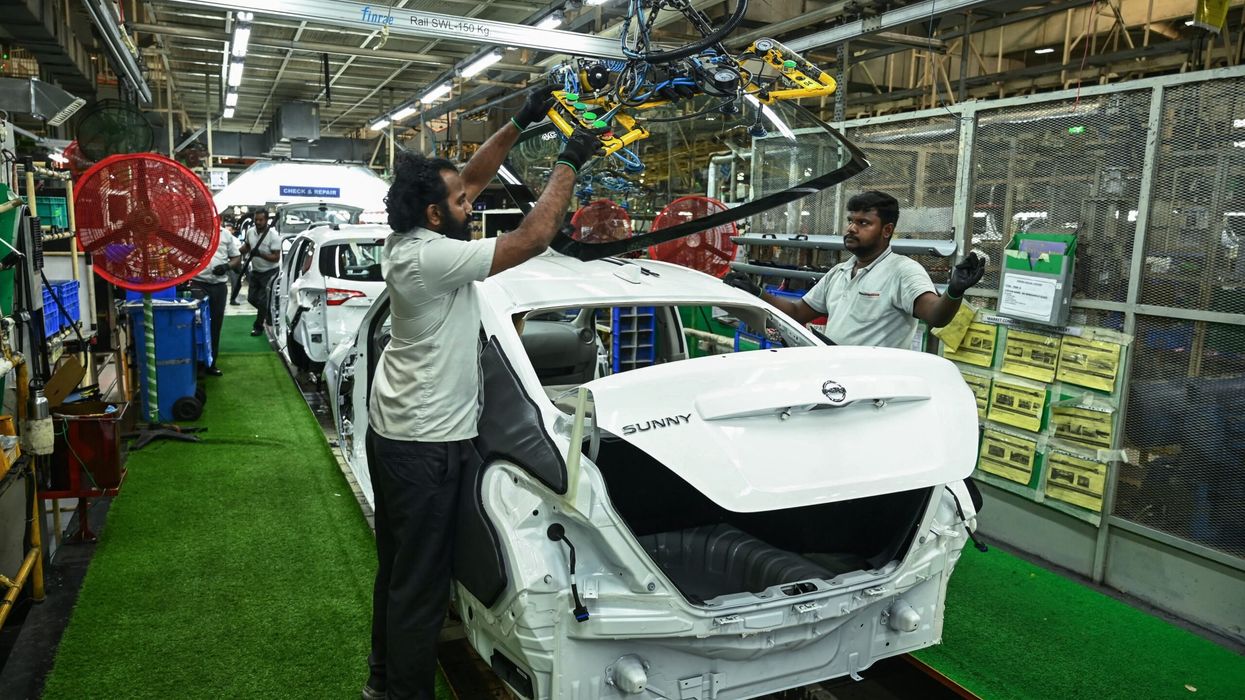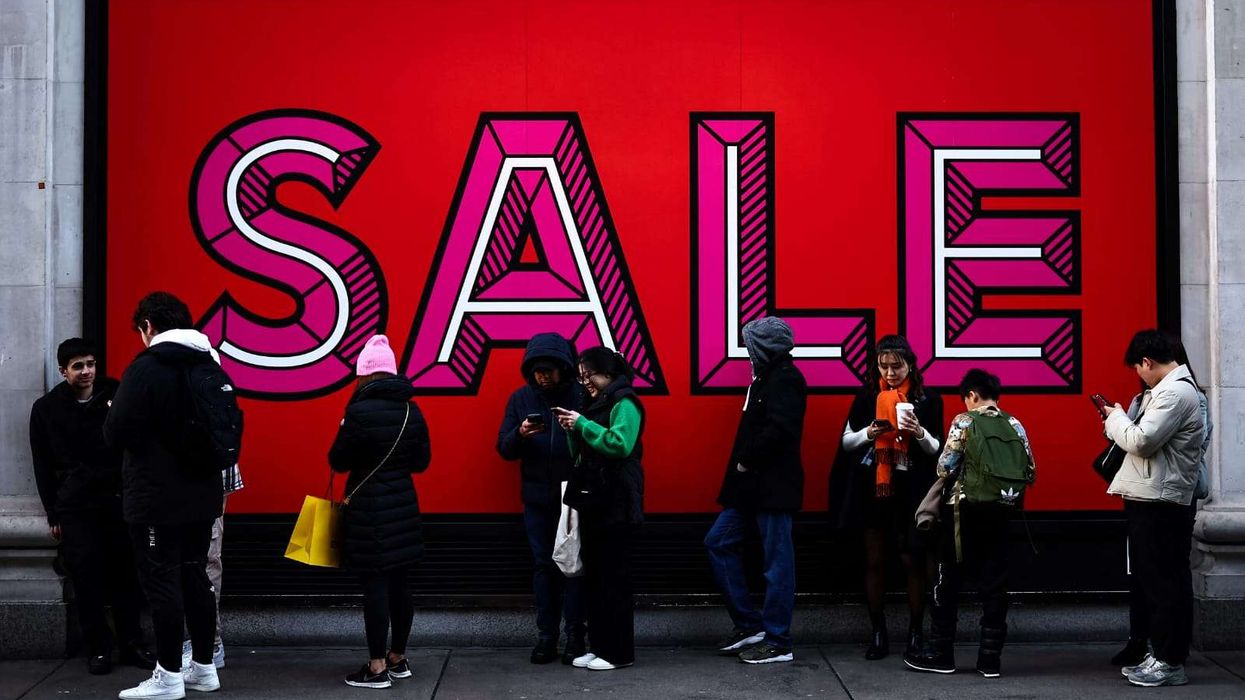INDIA’S economic growth slowed much more than expected in the third quarter, hampered by weaker expansions in manufacturing and consumption, likely adding pressure on the central bank for interest rate cuts.
Gross domestic output in the world’s fifth-biggest economy rose by 5.4 per cent in July-September year-on-year, data showed last Friday (29), the slowest pace in seven quarters. In the previous quarter it grew 6.7 per cent.
The gross value added (GVA), a more stable measure of economic activity, also saw a modest 5.6 per cent growth, easing from a 6.8 per cent increase in the previous quarter.
India’s chief economic adviser, V Anantha Nageswaran, told reporters the growth figure was disappointing amid a challenging global environment.
“The bulk of the slowdown has been predominantly due to the manufacturing sector... Some of it is also due to the presence of excess capacity elsewhere and imports dumping in India,” he said, highlighting surging imports of cheap steel from China, Japan and South Korea.
The slowdown, visible across a number of sectors, was indeed most pronounced in manufacturing, where yearon-year growth dropped to 2.2 per cent, compared to seven per cent the previous quarter.
“The economy has hit a bump on its post-pandemic recovery path, with a much slower manufacturing sector and mining sector dragging down growth prospects,” said Suman Chowdhury, chief economist at Acuite Ratings.
Economists said inflation, now running at around six per cent, is biting into demand for goods ranging from soaps to shampoos to cars, particularly in urban areas.
Private consumer spending rose six per cent from a year earlier, compared with 7.4 per cent in the previous quarter.
The slowdown also came despite government spending rising 4.4 per cent year-on-year in July-September, compared with a 0.2 per cent contraction the previous quarter.
Helped by a good monsoon, agricultural output did better, rising 3.5 per cent compared from two per cent growth the previous quarter.
The government adviser said growth prospects were still resilient and that rural demand would remain a supporting factor. Third-quarter corporate earnings had hinted at a slowdown in the country.
More than 50 per cent of the 44 firms in the blue-chip Nifty 50 index that have reported earnings have either missed analysts’ estimates or reported results in line with expectations, according to data compiled by LSEG.
Companies like Maruti Suzuki and FMCG giants Nestle India and Hindustan Unilever reported sluggish urban consumption in the September quarter.
Growth in inflation-adjusted wage costs for listed Indian firms – a proxy for the earnings of urban Indians – has remained below two per cent for all the three quarters of 2024, well below the 10-year average of 4.4 per cent, data from Citi showed.
Slower earnings growth prompted record foreign outflows of nearly $12 billion (£9.4bn) from the Indian equity markets in October. Bond yields and overnight index swap rates, seen as an indicator of interest rates, fell after the GDP release, signalling an increased probability of an interest rate cut in February.
A few economists, however, said the Reserve Bank of India (RBI) may even consider a rate cut in December.
“Post today’s (GDP) print, there is a high probability of an RBI rate cut in December,” said Gaura Sen Gupta, economist at Mumbai-based IDFC First Bank.
India’s finance and trade ministers have called for lower interest rates to help industries to ramp up investments and build capacities, although Nageswaran kept his council when speaking to reporters.
“All of us see the data, the central bank is also seeing the data. They know what to do and I will be not commenting on this question,” the government’s chief economic adviser said. The RBI’s Monetary Policy Committee (MPC) left its benchmark repo rate unchanged at 6.50 per cent last month due to still high inflation, while tweaking its policy stance to “neutral”.
The bank, which last cut rates in May 2020, announces its next policy decision on Friday (6).












